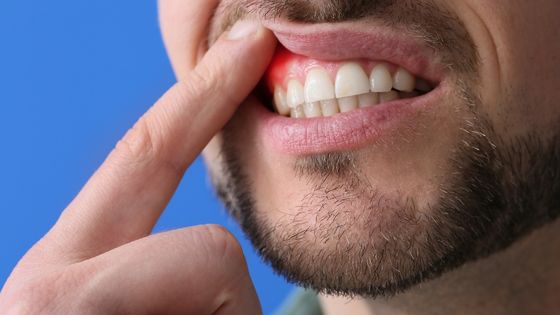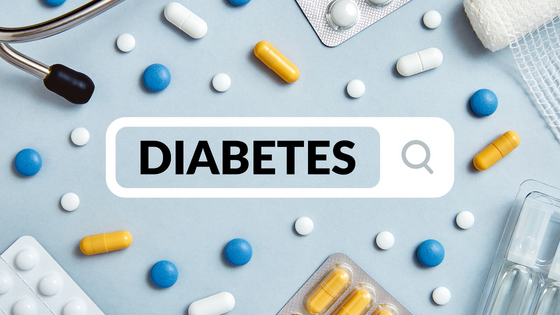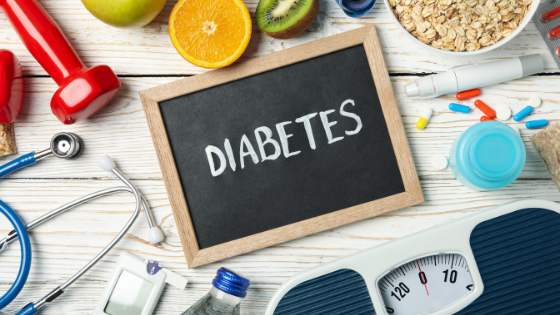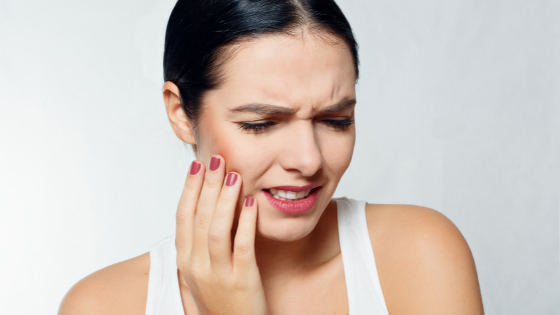

How Avoiding the Dentist Affects Your Health
When was the last time you visited your dentist in St. Petersburg, Florida? Many adults know that seeing the dentist is essential, but they still put off going for various reasons, such as fear, cost, or simply not seeing it as a priority. However, avoiding the dentist can have a significant impact on your health. In this blog, we’re going to explore how avoiding the dentist affects your health.
Gum Disease
One of the most severe consequences of avoiding dental appointments is gum disease. Gum disease is a bacterial infection of the gums that can lead to serious problems like tooth loss, heart disease, and even stroke. Gum disease can be prevented or treated if you visit the dentist regularly. However, if left untreated, it can cause severe damage to your teeth and gums.
Tooth Decay
Tooth decay is one of the most common dental problems, and it can be aggravated by avoiding dental visits. Without regular cleanings, plaque can build up in hard-to-reach areas, leading to tooth decay that can be painful and require costly repairs. Regular check-ups can catch cavities early and prevent them from becoming more severe and requiring more invasive treatments.
Bad Breath
Avoiding the dentist can result in bad breath. If you have persistent bad breath, it could be an indication of more severe dental problems that need to be addressed by a dentist. A dental cleaning and examination can help determine the cause of bad breath and prevent long-term damage.
Overall Health
Recent studies have shown that the health of your mouth can have a significant impact on your overall health. Poor dental hygiene has been linked to significant health problems such as diabetes, heart disease, stroke, and others. Regular dental visits can ensure the early detection of issues that may be impacting your overall health.
Stress and Anxiety
Avoiding the dentist can also cause significant stress and anxiety. Anxiety about dental procedures is common, but in-person visits with your dentist can help to alleviate these concerns. Your dentist can also explain the procedures, provide pain relief options, and offer other assurances to help make appointments less stressful.
Your dental health is an essential part of your overall well-being, and avoiding the dentist can have severe consequences for your health. Keeping an appointment schedule with your dentist can be an effective way to guarantee the health of your teeth and gums, prevent future dental problems, and lessen anxiety and stress related to dental procedures. If you’re looking for a dentist in St. Petersburg, FL, our friendly and expert team at 4th Street Family Dentistry is here to help you. Make an appointment today, and let us make sure that you are healthy, happy, and confident.










